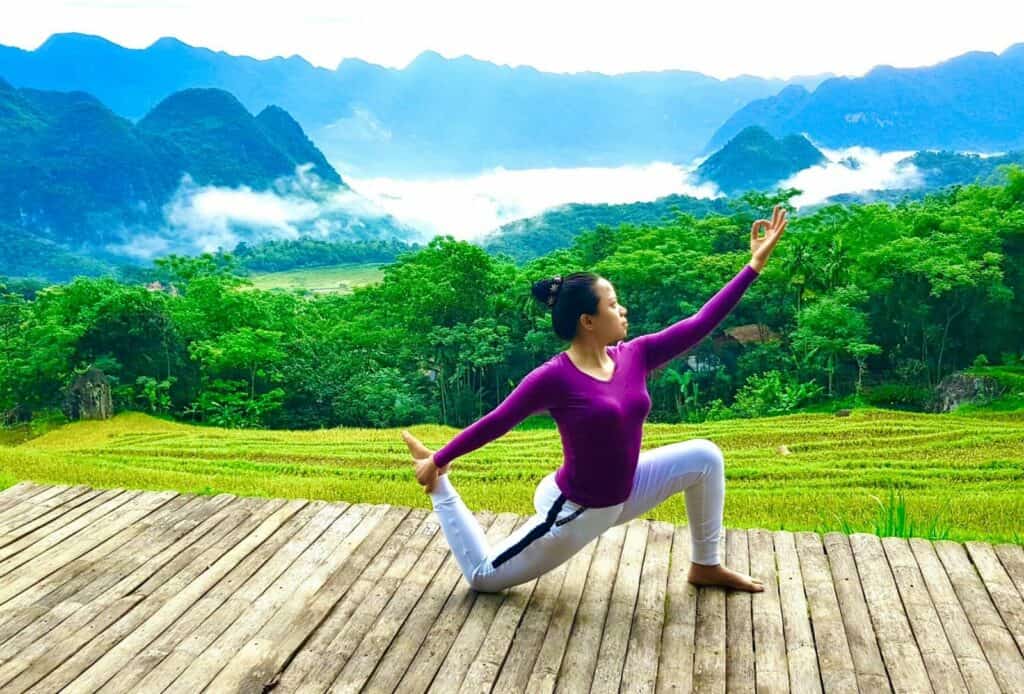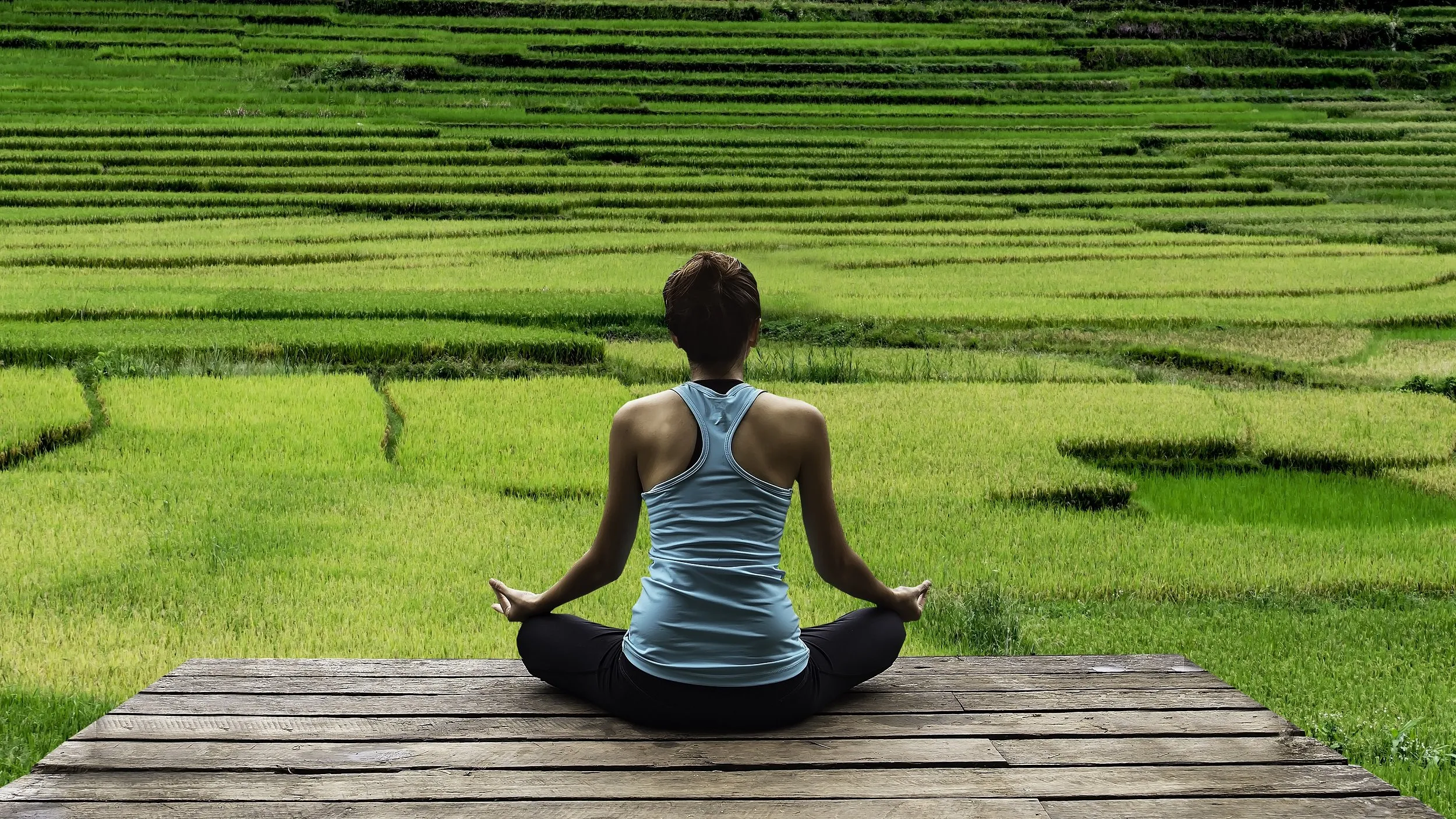In the serene landscapes of Vietnam, a deep connection between nature and well-being has flourished for centuries. From the rice paddies that stretch as far as the eye can see to the lush orchards bursting with tropical fruits, the land provides both sustenance and a sense of tranquility.
This profound connection mirrors the philosophy of yoga, which seeks to harmonize the mind, body, and spirit through mindful movement and a reverence for the natural world.
Join me as we explore the fascinating parallels between Vietnamese agriculture and yoga, and discover how both practices can cultivate inner peace, sustainable living, and a deeper appreciation for the world around us.
The Rhythm of the Land: Mindful Movement in Agriculture and Yoga:
Vietnamese farmers have long understood the importance of working in harmony with the land’s natural rhythms. Just as yoga practitioners flow through asanas with breath and intention, farmers move through their fields with a similar sense of mindfulness.
Whether it’s the gentle swaying of rice stalks in the breeze or the rhythmic motion of planting seeds, there’s a meditative quality to agricultural work that aligns beautifully with the principles of yoga.
Cultivating Gratitude: Nourishing the Body and Soul:
The Vietnamese diet, rich in fresh fruits, vegetables, and herbs, reflects a deep appreciation for the land’s bounty. Similarly, yogis often emphasize the importance of nourishing the body with wholesome foods that support overall health and well-being.
From vibrant tropical fruits like mangoes and dragon fruit to nutrient-dense greens like morning glory and water spinach, Vietnamese agriculture provides a wealth of ingredients that can be incorporated into a yogic diet to promote vitality and balance.
The Art of Balance: Finding Equilibrium in Nature and Practice:
Just as Vietnamese farmers strive to maintain a delicate balance between crops, soil, and water, yogis seek to find equilibrium within their own bodies and minds. Through asanas that challenge strength and flexibility, yogis learn to cultivate a sense of balance that extends beyond the mat and into their daily lives. This interconnectedness between nature’s balance and personal equilibrium is a powerful reminder of our place within the larger ecosystem.

Rooted in Tradition: Honoring Ancestral Wisdom:
Both Vietnamese agriculture and yoga have deep roots in tradition and ancestral wisdom. Vietnamese farmers often pass down knowledge from generation to generation, preserving ancient techniques that have sustained their communities for centuries. Similarly, yoga has a rich lineage of teachers and teachings that have been passed down through the ages, offering a timeless path to self-discovery and enlightenment.
Sustainability as a Way of Life:
In recent years, there’s been a growing movement within Vietnamese agriculture towards sustainable practices that protect the environment and promote biodiversity. This commitment to sustainability aligns perfectly with the yogic principle of ahimsa, or non-harming. By embracing sustainable farming methods, Vietnamese farmers are ensuring that future generations can continue to enjoy the land’s abundance, just as yogis strive to leave a positive impact on the world around them.
Conclusion:
Whether you’re a dedicated yogi, a passionate foodie, or simply someone who appreciates the beauty of nature, there’s much to be gained from exploring the interconnectedness between Vietnamese agriculture and yoga. Both practices offer valuable lessons in mindfulness, gratitude, balance, tradition, and sustainability.
So next time you roll out your mat or savor a delicious Vietnamese meal, take a moment to reflect on the profound connection between these two seemingly disparate worlds. By embracing the wisdom of both, we can cultivate a deeper sense of inner peace, well-being, and harmony with the natural world.
Originally posted 2024-06-26 09:23:12.

